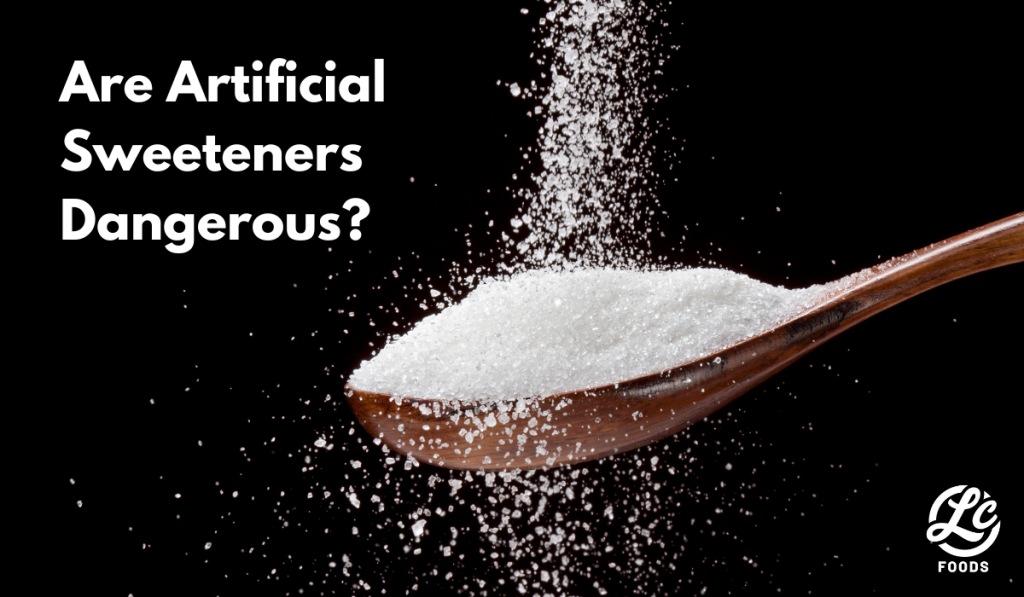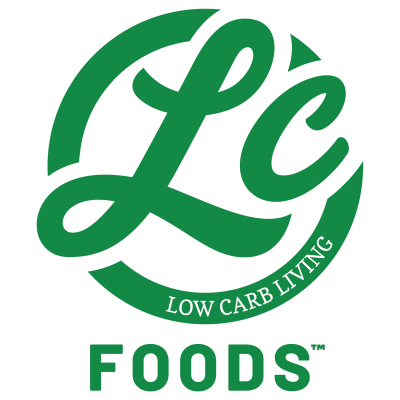
For Years the American diet has relied heavily on artificial sweeteners to reduce caloric intake. Artificial sweeteners are chemically made sweeteners that include aspartame, acesulfame K, sucralose, and saccharin. A wide variety of products such as food, beverages, gum and candy, are made with artificial sweeteners. These sugar substitutes are much sweeter than natural sugar, therefore they can be used in smaller amounts to achieve the same level of sweetness as sugar, resulting in a lower calorie product.
Aspartame is One of the Most Common Artificial Sweeteners
Aspartame is perhaps the most commonly used artificial sweetener, and the focus of new research. It is found in popular diet beverages, as well as chewing gum. You may know aspartame by one of its other names, including NutraSweet® and Equal®. Aspartame was discovered in 1965 and approved for use by the U.S. Food and Drug Administration (FDA) in 1981. The acceptable daily intake (ADI) for aspartame is set by the FDA to 50mg per kg of body weight per day.
Research Around the Safety of Artificial Sweeteners
Artificial sweeteners have been a popular choice for people looking to reduce sugar in their diets since the 1980’s. But are they safe to consume in large quantities over long periods of time? The answer is not so direct. New research studies have come out linking long-term consumption of artificial sweeteners to higher body fat and even cancer. But the consensus is mixed on whether or not cancer in humans can be linked to the consumption of aspartame. In July 2023, the International Agency for Research on Cancer (IARC) classified aspartame as “possibly carcinogenic to humans.”
The FDA (food and drug administration) has voiced their disagreement with this classification. When aspartame is used under approved conditions, according to the FDA, it is considered safe. However, everything in moderation is a good motto to live by. If you are concerned with aspartame and whether or not it’s linked to cancer, make the choice to limit or eliminate it entirely from your diet.
A simple Google search will yield plenty of information on the studies conducted on the safety of aspartame. In fact, aspartame is one of the most studied food additives. Perhaps, doing your own review of the information available will yield the answer specific to you. Should you choose to consume artificial sweeteners, including aspartame? The choice is yours.
Natural Sweeteners are the Best Choice
However, with the variety of natural, low carb sweeteners available, why not go all natural? At LC Foods we only use natural sweeteners including monkfruit, inulin chicory root fiber, erythritol and stevia. We removed artificial sweeteners from our high quality, low carb food products many years ago when it became clear that they posed a potential health risk. Why take the chance? You can read more about natural sweeteners and why we choose to avoid artificial sweeteners here.
Why Choose Natural Sweeteners?
When it comes to sweetening your favorite dishes, natural sweeteners offer a refreshing and health-conscious alternative to artificial ones. Unlike artificial sweeteners, which are often synthesized from chemicals, natural sweeteners like honey, maple syrup, and agave nectar are derived directly from plants.
- Better Taste Profile: Many people find that natural sweeteners provide a richer and more complex flavor. The unique taste profiles of honey or maple syrup can add a special touch to recipes that artificial sweeteners can’t match.
- Nutritional Benefits: Unlike artificial options, natural sweeteners often contain vitamins, minerals, and antioxidants. For example, honey has anti-inflammatory properties, and maple syrup contains essential minerals like manganese and zinc.
- Less Processed: Natural sweeteners typically undergo less processing, retaining more of their natural properties. This can translate into a more wholesome product that aligns with clean eating philosophies.
- Eco-Friendly: Harvesting natural sweeteners often has a lower environmental impact compared to the production of artificial sweeteners. Choosing natural options supports sustainable farming practices, making it an environmentally responsible choice.
- Avoid Potential Health Concerns: Some artificial sweeteners have been linked to health issues and may cause unwanted side effects in certain individuals. By opting for natural alternatives, consumers may reduce the risk of these potential problems.
- Psychological Satisfaction: Knowing that you’re consuming something natural and closer to its original state can create a sense of well-being and satisfaction. It aligns with a holistic approach to health and wellness.
- Diverse Options: From monk fruit to stevia, there are a wide variety of natural sweeteners available, catering to different dietary needs and preferences. Whether you’re following a low-glycemic diet or simply want a unique flavor, there’s likely a natural sweetener that fits your needs.
Natural sweeteners present a delightful and nutritious alternative to artificial sweeteners. They align with contemporary health trends, offer unique taste experiences, and cater to a more environmentally-conscious lifestyle. Whether you’re a seasoned chef looking to elevate your culinary creations or a health-savvy consumer aiming for a balanced diet, natural sweeteners are a great option to explore.
*Sources: Cancer.org; FDA.gov; CBSnews.com; FoodInsight.org; Aspartame.org

LC Foods is your one-stop shop for all things low carb, keto, paleo, and diabetic-friendly. Whether you’re looking for low carb snacks, breads, desserts, or even low carb pasta like Keto noodles and low carb noodles, we have it all. With a wide variety of products and recipes, you can easily find something that fits your diet needs.
